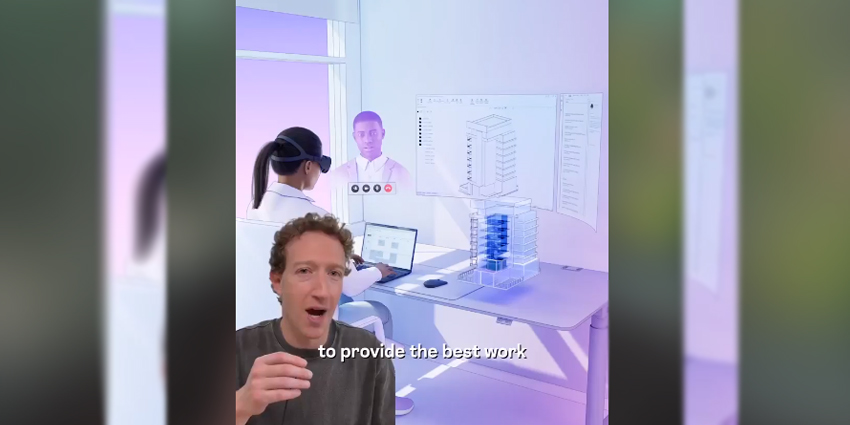John Riccitiello, President, Chief Executive Officer, and Chairman, Unity Technologies, has immediately stepped down from his position at the firm. The executive decided to resign from his post after the ongoing debacle with Unity’s pricing structure change last month.
Unity has appointed James Whitehurst as the interim CEO of the San Francisco-based, real-time 3D (RT3D) firm. Also, Roelof Botha, Lead Independent Director, Unity, has stepped in as Chairman of the company.
Botha said in a statement,
“Working with Unity under John’s leadership has been one of the highlights of my career. John joined the Unity Board in 2013 and stepped in to lead the Company in 2014, at a time when we faced significant challenges. John has led Unity through incredible growth over the last nearly 10 years, helping us transition from a perpetual license to a subscription model, enabling developers to monetize, building other game services to serve our creator community, leading us through an IPO and positioning us as a pioneer in the developer community. Unity would not be where it is today without the impact of his contributions. I remain excited for the future of Unity”
Additionally, Riccitiello stated that it had “been a privilege” to lead Unity for over 10 years to “serve our employees, customers, developers and partners, all of whom have been instrumental to the Company’s growth.”
“I look forward to supporting Unity through this transition and following the Company’s future success,” he added.
Whitehurst stated he was “honored” to join the Unity team “at this important time in its evolution.”
He continued,
“With the Company’s experienced leadership and passionate employees, I am confident that Unity is well-positioned to continue enhancing its platform, strengthening its community of customers, developers and partners, and focusing on its growth and profitability goals. I look forward to working closely with the Board and our talented global team to execute on our strategy, and I anticipate a seamless transition”
Backlash over Pricing Fee Structure Change
News of his early retirement comes just a few weeks after intense backlash from the game developer community, which relies on Unity to produce its RT3D content. Many urged John Riccitiello to resign following the announcement, forcing the company to backtrack on its initial announcement.
Developers sharply protested fee structuring costs, including a 20-cent runtime fee for each installation of a game beyond 200,000 downloads and 200,000 in earnings.
Additional measures would apply the changes retroactively for developers currently creating or releasing their titles, triggering further public outcry.
Following the initial announcement, Marc Whitten, Chief Executive, Unity, said in an official apology.
He announced at the time,
“I want to start with this: I am sorry. We should have spoken with more of you and we should have incorporated more of your feedback before announcing our new Runtime Fee policy. Our goal with this policy is to ensure we can continue to support you today and tomorrow, and keep deeply investing in our game engine”
He added: “You are what makes Unity great, and we know we need to listen, and work hard to earn your trust. We have heard your concerns, and we are making changes in the policy we announced to address them”
Furthermore, the company released its third quarter (Q3 2023) guidance, with plans to announce full results on 9 November, following the closing of financial markets.
Unity has remained one of the largest and most widely distributed gaming engines for virtual, augmented, and mixed reality (VR/AR/MR) immersive experiences. The company currently leverages its gaming engine platform for enterprises, industries, gaming developers, designers, and metaverse firms.
Many concerned about the previous changes with the pricing fees were concerned that their overall revenues would suffer due to the impending retroactive charges. Pirated and repeat installations of Unity-based apps would have potentially triggered additional incurred expenses, creating massive impacts on XR gaming revenues.







